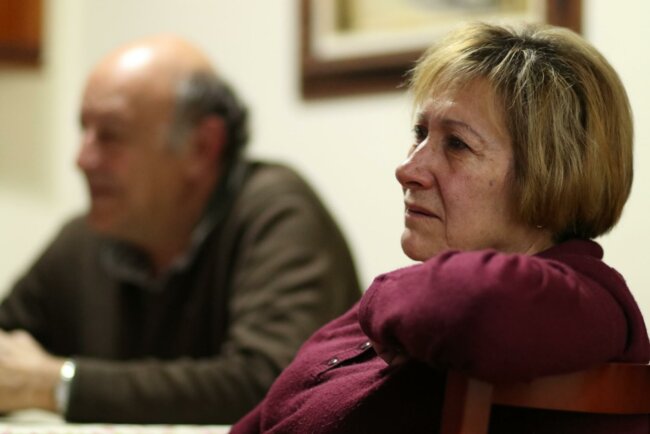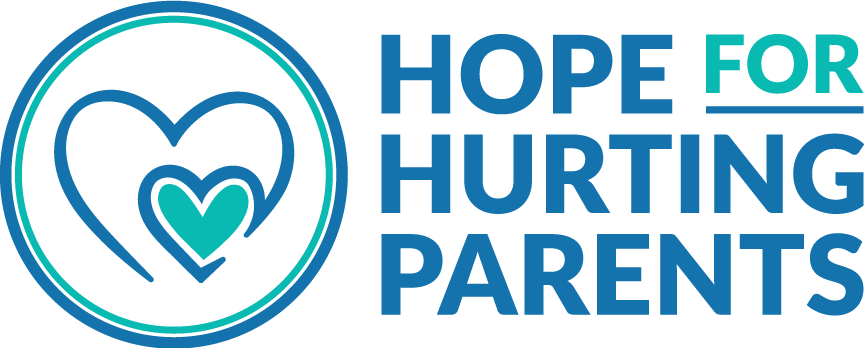
photo cred. Jordi Vich Navarro on unsplash
Hurting parents feel helpless. We wonder what we can do to survive the pain and trauma we’ve experienced with our teen or adult children. How do we live our lives again. Are we defenseless? Isn’t there something we can do to help ourselves in the new year? In my readings, I discovered three strategies we can use to maintain our sanity and be more proactive. These are for parents whose children cause them great pain due to their choices and behaviors. We unknowingly repeat the same things over and over that don’t really help. Yes, our own behaviors can open us up to increased amounts of heartache and resentment.
These three strategies aren’t my original ideas. They came from other wise parents. One of them is author, Allison Bottke. She helped me understand how they can protect us from experiencing even more pain and heartache. These simple tips can help us stop being victims. When we apply these principles, we will no longer naively put ourselves in a precarious place to be hurt and disappointed again and again. We can learn to do things differently.
Three Strategies to Help Us
1) Just say NO. That means quit helping, including giving money, because it’s not really helping. Stop enabling and over-helping. Many parents have asked me to tell them exactly what enabling is. Enabling is when you do something for someone that they can or should do for themselves. Ask yourself this question the next time you are tempted to step in and help, “Can they or should they be able to do this?” This question can clear up the confusion. However, I realize when mental illness is involved, it’s never clear. However, enabling is anything you do to protect someone from experiencing painful consequences. If you need some examples: Covering a bounced check; making a payment for them; consistently waking them up for work or an appointment; doing their laundry or cooking; bailing them out of jail; calling in sick to their job, etc. Let pain (hard consequences) do its work. Pain is one of the best motivators for change. But please give yourself lots of grace if you realize now that your “helping” wasn’t the right thing to do. Sometimes we can choose to give them grace they don’t deserve and that’s okay. Give yourself grace too.
2) Nip Excuses in the Bud – Don’t accept them anymore. If your child has an addiction, remember what Al-Anon says: “If an addict’s lips are moving, they’re lying.” Sad, but true. We need to accept reality and not expect from them what they aren’t capable of. Do they suffer from a mental illness? Their intentions may be good when making a promise, but don’t put too much hope in them following through. Sometimes they will and sometimes they won’t, or can’t. Lower your expectations to protect yourself from unnecessary hurt or disappointment.
3) Detach with love – We like to call it, Benevolent Detachment. Pull back emotionally from getting entangled in your child’s life, but don’t become indifferent or uncaring. Still show love and concern, but live your life and let your child live theirs. Focus on doing what you need to do to be healthy – physically, emotionally and spiritually. Learn to be okay and at peace, even if they’re not okay, so that what they do doesn’t have such a negative affect on you. Let go and let God. This sounds trite but it’s one of the best things you can do. Keep giving your son or daughter back to God and trust Him to work in their lives the way He sees best. Remember, His thoughts are not your thoughts and His ways are not yours, either. (Isaiah 55:8)
Courage and Strength

photo cred. Bhuvanesh Gupta on Unsplash
Using these strategies requires a lot of courage and inner strength. Dear friend, are you ready? Did you take your parental vitamins today? Did you do your workout? This is where a support group is crucial. Finding and participating regularly in a group should probably be first on your list of what you can do. We need to surround ourselves with others who understand and will support us as we grow stronger in applying these three strategies. In the beginning, doing them is difficult … very difficult. If you’ve been on this journey for any length of time, you know. We’re in a weakened condition. We can’t stop helping. We can’t say “no”. We’re too afraid. We have no idea how to detach. Doing that sounds wrong. Besides, we like to help – many of us moms are in the habit. I sure am.
We want to believe everything our child tells us. We can’t live our own lives because we’re too worried and upset. But as we start to say no, nip excuses in the bud and detach with love, we’ll get stronger and better at doing them. Although we’ll still have moments when we weaken and fall back, if we have a support group to turn to, that will make a huge difference.
For a complete listing of the groups we offer (in person and online) look over the Support Groups page on our website. And if you feel ready to start one, we can help you. We have a FREE sample of our materials (the form is on the support groups page), a Facilitator Guide and Parent Notebook to use in the meetings, and a team to assist you. We even offer quarterly online Facilitator Meet and Greet meetings to encourage each other and share ideas.
The book that taught me these three strategies and helped me grow stronger is Allison Bottke’s Setting Boundaries with Adult Children. If you don’t have a copy, I urge you to order one today. You won’t be sorry. Another book that helped me is Hope and Help for the Addicted by Jeff VanVonderen. He has been on the popular cable TV program, Intervention. These two books could be invaluable for you as you learn to use these three effective strategies.
If I can learn to do these, you can too. Begin today.

Practical tips to recall when the enabling bug bites. Hard to do, but in the long run it’s the only way to help our addicts grow up and face reality. Good job.
Thank you for your comment, Sharron. I like how you called it “the enabling bug”. Some days I feel like I need a shot for it so I can become immune to this “bug” and not get “sick” again. What about you?